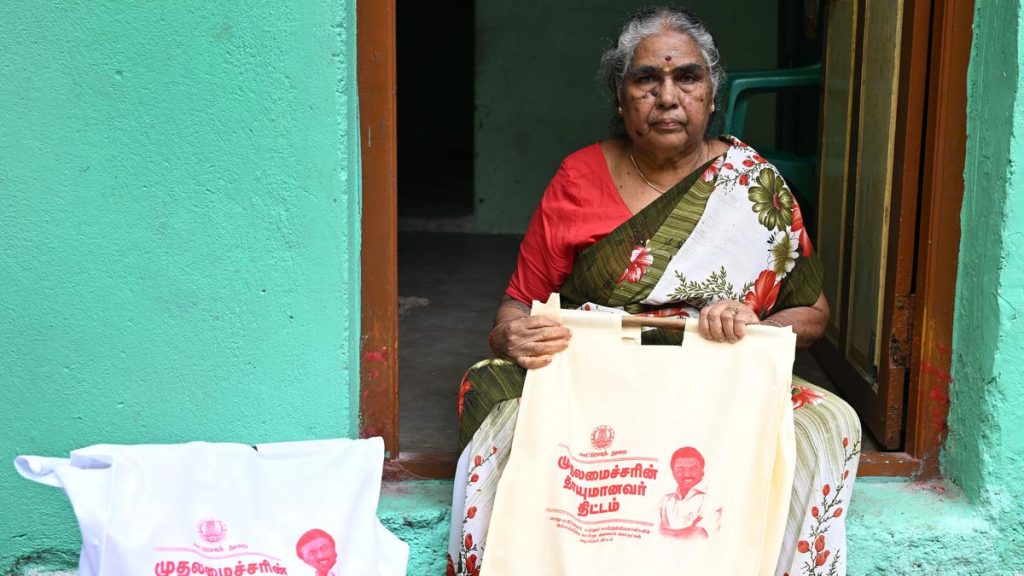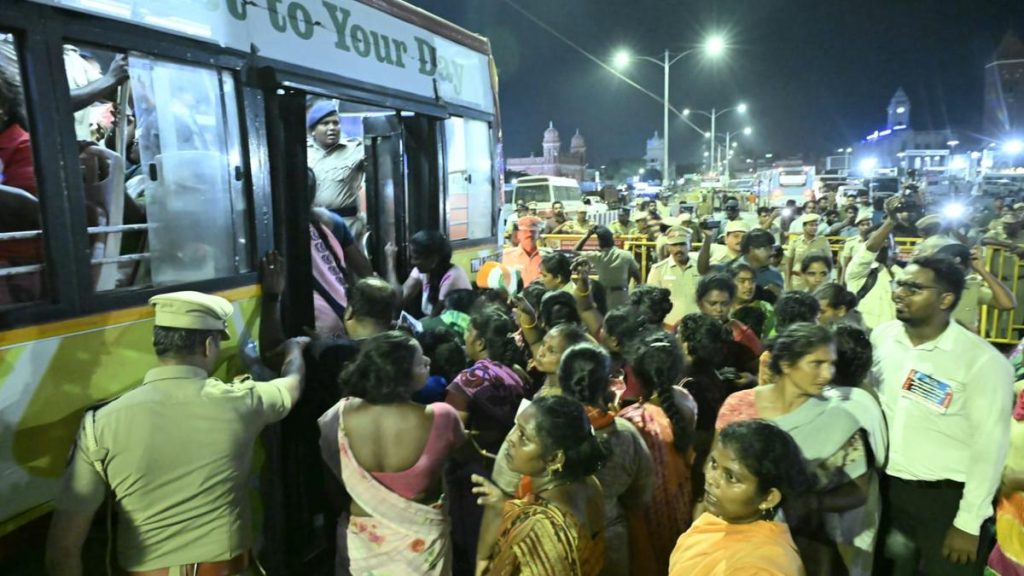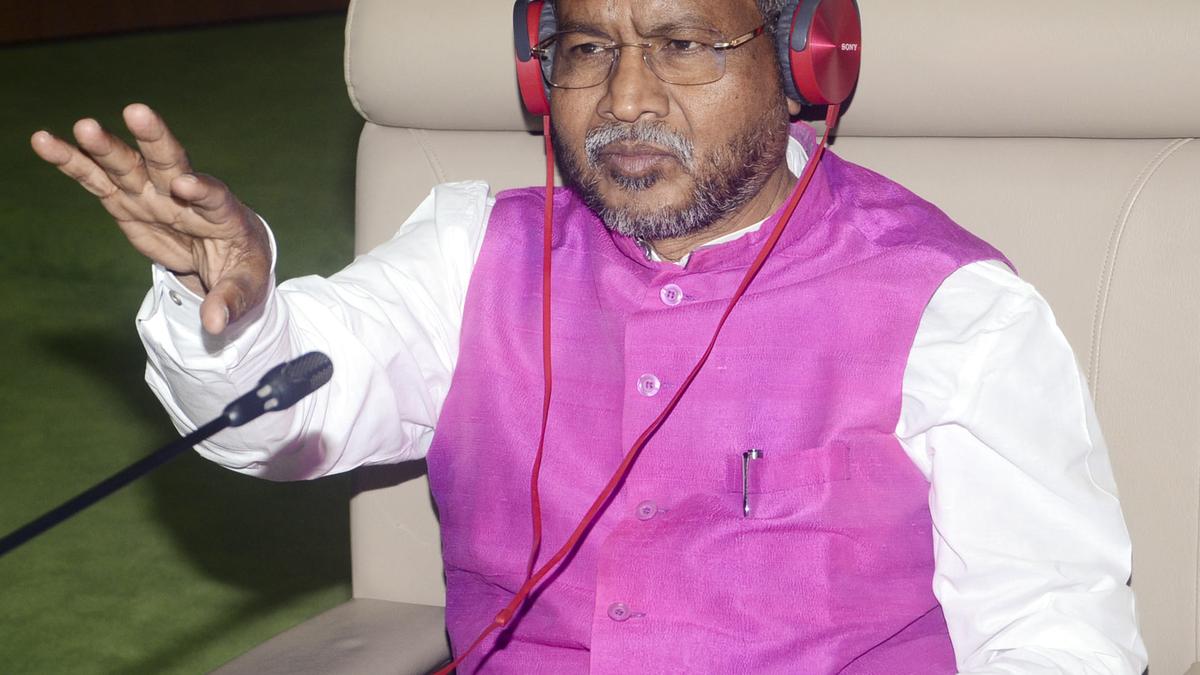Now Reading: Farmers Protest Trump, Demand Corporate Ban in Agriculture
-
01
Farmers Protest Trump, Demand Corporate Ban in Agriculture
Farmers Protest Trump, Demand Corporate Ban in Agriculture

Quick Summary
- Farmers, tenant farmers, agricultural labourers, workers, and public associations under the NTR District Farmers’ United Forum protested at Dharna Chowk, Vijayawada.
- The effigy of U.S.President Donald Trump was burned as part of the presentation.
- Key demands included keeping corporates out of agriculture, withdrawing Trump’s 50% tariffs on Indian exports (believed to retaliate against imports of Russian crude), scrapping free trade agreements (FTAs), and repealing four labor codes.
- Akhil Bharatiya Kisan Sabha general secretary ravula Venkayya labeled the tariff move “arrogant” and urged a parliamentary debate on FTAs.
- Protest slogans emphasized rejecting multinational corporations in agriculture (“Multinational Corporations Quit India”) and warned against harming farming practices through policy changes.
- Former Agriculture Minister Vadde Shobhanadreeswara Rao expressed concerns about ending MSP procurement under proposed reforms like National Agriculture Market law.
- Congress leaders criticized subsidy cuts, higher fertilizer costs, FTA clauses allowing dairy/poultry imports without safeguards, and forced acquisition of farmland for projects.
Indian Opinion Analysis
This protest reflects mounting apprehensions among India’s agricultural community toward external economic influences such as free trade agreements (FTAs) impacting domestic food systems. Concerns over tariffs imposed by global partners signal vulnerabilities in foreign policy alignment with agriculture interests. It is notable that tensions are compounded by internal challenges like reduced subsidies for inputs like fertilizers.
Calls to regulate imports suggest apprehension about unfair competition from subsidized products entering Indian markets-possibly jeopardizing small-scale farmers’ livelihoods. However, broader demands related to corporate participation signal deeper fears surrounding privatization trends within India’s agrarian sector.
The protest aligns with past grassroots resistance in India-the choice to mark it on the Quit India Movement anniversary being symbolic. How policymakers balance external trade obligations with local agricultural sustainability could have long-term implications for structural self-reliance in this critical sector.
Read more: Published – August 13,2025 11:37 pm IST

























